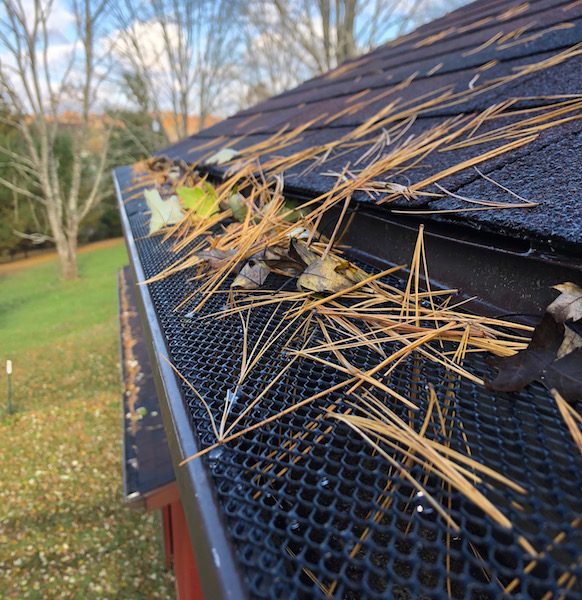Fall Maintenance – DIY and Pro – Is Essential for Heating Systems

Winter can creep up on you in southwest Ohio, and if your home’s heating system hasn’t been prepped, your penalties can range from inefficient heating and higher than necessary energy costs to untimely breakdowns. Take a modest amount of time, energy and expense to prepare for the long winter, and you’ll be glad you did.
Some fall maintenance you can do yourself with a minimum of effort, while you’ll want to leave the technical tasks to your trusted heating and cooling contractor.
DIY Fall Maintenance
Perform the following simple tasks to prepare your home and HVAC system for the long months of winter:
• Walk around the outside and inside perimeter of your home, looking for places where warm air can escape and cold air can infiltrate during the cold days of November through March. When conditioned air is escaping from your home, your heating equipment has to work all the harder to compensate, while indoor occupants will be discomforted by cold spots and drafts. Likely locations for air leaks include places where building materials meet (such as foundation and drywall), places where utility conduits and pipes penetrate walls, and doors and windows. One easy way to find air leaks is to take a smoke pencil or candle and move it along your inside exterior walls, watching for areas where the smoke or flame wavers or flickers, indicating air movement. Seal up those places with caulking, spray foam or weatherstripping, depending on the type, size and location of the leak.
• Check attic insulation to ensure there’s a sufficient amount to arrest the movement of heat energy between the inside of the attic and the outside. The insulation ideally should be even with the top of floor joists. Seal the attic hatch or door to prevent air movement between the attic and floors below. Insulation is important elsewhere in the house as well, of course, though the attic is typically the easiest place for the homeowner to see where it’s lacking. A poorly insulated attic can be the source of significant heat loss in a home. (Proper attic insulation and air sealing is also beneficial in the summer.)
• If your home is the type with replaceable storm windows and doors, this is the time of year when they should be installed.
• Inspect your roof for loose or missing shingles and replace them. The winter months can be very difficult for residential roofs, especially if they’re been doing their job for many years. Periodically, hire a professional roofer (who comes with good recommendations) to perform a comprehensive inspection.
• Make sure your home’s rain gutters are cleared of leaves and other debris, after most of the leaves have fallen from trees around your home. If you get a lot of leaves, you’ll probably want to do this a few times before winter. Gutters that can drain rain and melted snow effectively will be less prone to damaging ice dams and clogged drains (and the damage they can do to your home).
• Inspect your home’s carbon monoxide and smoke detectors for fresh batteries and proper operation. This simple step could save the lives of you and your family.
• Make sure your forced-air heating system has a fresh air filter. A poorly maintained air filter can damage equipment, waste energy, and erode performance and comfort.
• Clear any objects away from heating vents and registers. Over the summer, rugs, drapes, furniture, boxes or toys may have shifted over registers, impeding airflow in your HVAC system.
• Clear dead leaves and any other debris from outside exhaust and intake pipes for your combustion heating system. Blocked pipes can result in safety, efficiency and performance issues, or stop your furnace from working entirely.
Don’t Forget Professional Maintenance
Before you begin using your heating equipment (or if you already have, as soon as you can), schedule a professional heating system tune-up with your preferred HVAC contractor. Their technician will perform a number of maintenance steps on your heating system to make sure it’s operating safely, efficiently and effectively.
